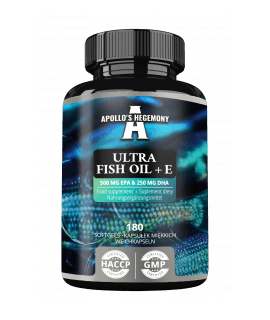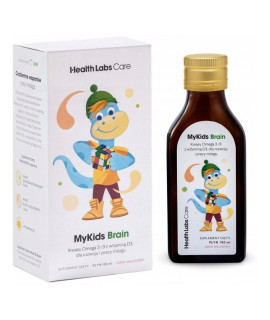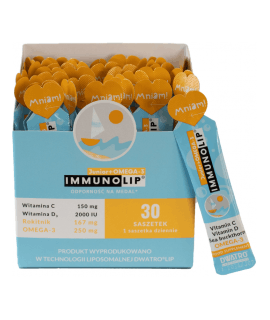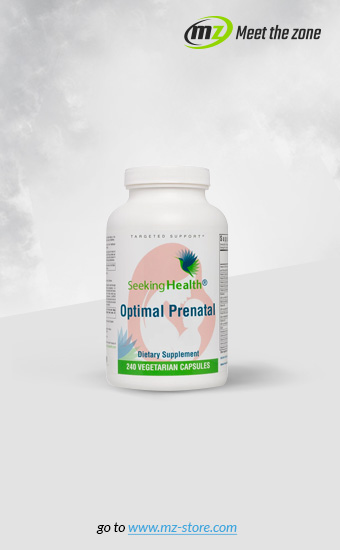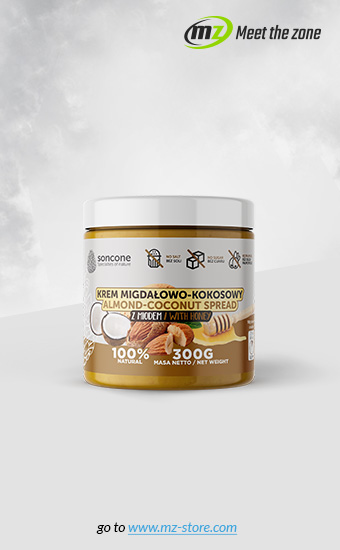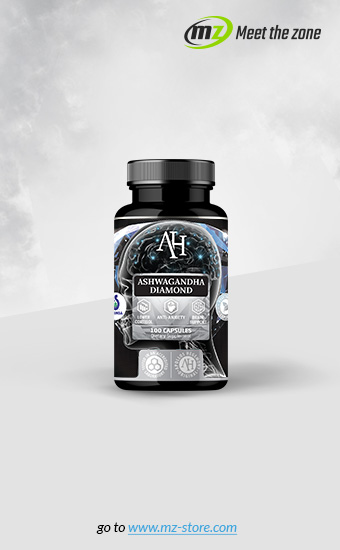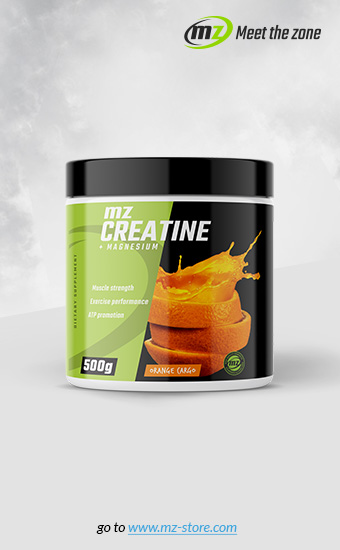Fish oil from oily fish, such as anchovy, mackerel and salmon is one of the most popular dietary supplements in the World. Almost all people use it - sportsmen, pregnant women and elderly people. Benefits for health mainly come from the two kinds of fatty acids omega-3 - eicosapentaenoic acid (EPA) and docosahexaenoic acid (DHA). Numerous studies proved that both these ingredients improve the health of the brain and heart. They also positively influence the level of cholesterol. Krill oil has been known only since recently, as an alternative product rich in EPA and DHA. Some people even claim that krill oil offers more health benefits than fish oil. In this article the differences between krill oil and fish oil were analyzed, available studies were evaluated in order to asses, which supplement is indeed better for our health.
What is krill oil?
The majority of people know well fish oil, but fewer of them are familiarized with krill supplements. Krill oil come from small shellfish called Antarctic krill. These small creatures are the basis of food for many animals, including whales, seals, penguins and other birds.
Similarly to fish oil, krill oil is rich in EPA and DHA, the two kinds of omega-3 fatty acids, which ensure the multitude of health benefits. However, fatty acids in krill oil are structurally different from fatty acids in fish oil, which may have influence on the way our organism absorbs and then utilizes them. Krill oil also looks different than fish oil. While fish oil is usually yellow, naturally occurring antioxidant, called astaxanthin, gives krill oil red color.
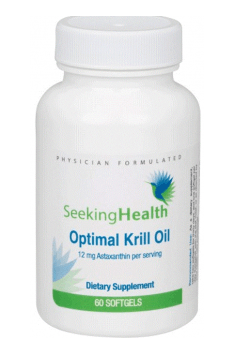
Your organism may more effectively assimilate krill oil
Both fish oil and krill oil are perfect sources of EPA and DHA. Some studies suggest, however, that the organism may better absorb and utilize fatty acids from krill oil in comparison to fish oil. Fatty acids in fish oil are in the form of triglycerides, while many fatty acids in krill oil are in the form of phospholipids, which, according to experts, help to increase absorption and effectiveness.
During one of the studies, the participants were applied fish oil or krill oil and the levels of fatty acids in blood were measures during the next few days. During 72 hours, the concentrations of EPA and DHA were higher in people taking krill oil. These results suggest that the participants absorbed krill oil better than fish oil.
During another study, the participants were applied fish oil or 2/3 of the same amount of krill oil. Both procedures resulted in the same level of EPA and DHA in blood, despite the fact that the dose of krill oil was lower.
However, a few experts reviewed the literature and concluded that there is not enough proof to support the superiority of krill oil in terms of better absorbability and utilization in comparison to fish oil. In order to fully accept or reject this thesis, more research is needed.
Krill oil contains more antioxidants
Antioxidants help to protect the organism from oxidative stress, a kind of cell damage caused by the molecules, called free radicals. Krill oil contains an antioxidant, called astaxanthin, which is not present in the majority of fish oils. Many people claim that astaxanthin in krill oil protects it from oxidation and does not allow going rancid on the shelf. However, there are no studies that would unanimously confirm this assumption.
However, studies proved that antioxidant and anti-inflammatory effect of astaxanthin may ensure certain benefits for the health of heart. For example, one of the studies proved that isolated astaxanthin decreased the concentration of triglycerides and increased the level of good cholesterol HDL in people with slightly increased level of lipids in blood.
However, in this study astaxanthin was applied in much higher doses that the ones that are usually obtained from krill supplements. It is not clear if lower amounts would ensure the same benefits.
Krill oil may improve the health of heart more than fish oil
Fish oil is most known for its positive influence on the health of heart, but a few studies proved that krill oil may also improve the heart of the heart, probably to a higher extent. In one of the studies, participants with high level of cholesterol in blood were applied fish oil, krill oil or placebo every day for three months. The doses differed depending on body masses of particular subjects.
It turned out that both fish oil and krill oil improved a few factors related to the risk of developing heart diseases. They also discovered that krill oil is more effective than fish oil in decreasing the level of sugar in blood as well as triglycerides and “bad” LDL cholesterol. Interestingly, studies proved that krill oil was even more effective than fish oil, even though it was applied in lower doses. It is worth mentioning that it is only one study. Therefore, further studies are necessary in order to compare the influence of krill oil and fish oil on health and heart condition.
Fish oil is cheaper and more available
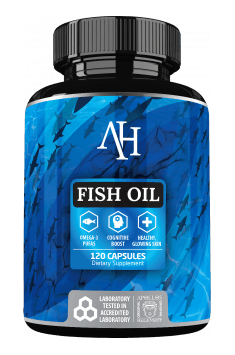
The advantage of fish oil over krill oil is the fact that it is often cheaper and more available for an average user.
While krill oil may have more health benefits than fish oil, its purchase is related to higher costs. Due to the expensive methods of gathering and processing of krill oil, it may be even 10 times more expensive than fish oil. However, fish oil is not only cheaper. It is often much more available. Depending on the fact, where you do shopping, you may not have to possibility to find krill supplements, but you will definitely find fish oil without any problems.
Which is better then? Krill oil or fish oil?
In general, both these supplement are a perfect source of omega-3 fatty acids. Their effectiveness was confirmed many times by a lot of studies. Some proofs suggest that krill oil may be more effective than fish oil. However, these studies are very limited and no additional research confirmed that one is better than the other.
Due to the large difference in price and limited studies showing that one option is better than the other, it may be fully justified to supplement fish oil.
However, if you have money and want to try - it is also worth reaching for krill oil.
It is important to remember that fish oil and krill oil may influence blood coagulation, therefore if you are currently taking drugs diluting blood or have blood disorders, talk to your physician before taking any of these supplements.
Also consult with your healthcare professional if you have ever had an allergic reaction to fish or shellfish.
Summary
Fish oil comes from oily fish, while krill oil is produced from small shellfish called Antarctic krill. Some studies proved that krill oil may be better absorbable by the organism and more effective in improving risk factors of heart diseases. More research is needed, however, to confirm these discoveries. If you are looking for a supplement rich in EPA and DHA in a reasonable price, fish oil may be the best solution.
On the other hand, if you want to spend some more money on potentially higher heath benefits, you may consider buying krill oil. Despite differences, both fish oil and krill oil are perfect sources of EPA and DHA.
Sources
https://www.ncbi.nlm.nih.gov/pubmed/21854650
https://www.ncbi.nlm.nih.gov/pubmed/19854375
https://www.ncbi.nlm.nih.gov/pubmed/25884846
https://www.ncbi.nlm.nih.gov/pubmed/21042875
https://www.ncbi.nlm.nih.gov/pmc/articles/PMC4559234/
https://www.ncbi.nlm.nih.gov/pubmed/25156381
https://www.ncbi.nlm.nih.gov/pubmed/18474276
https://www.ncbi.nlm.nih.gov/pubmed/19892350
https://www.ncbi.nlm.nih.gov/pubmed/15656713

